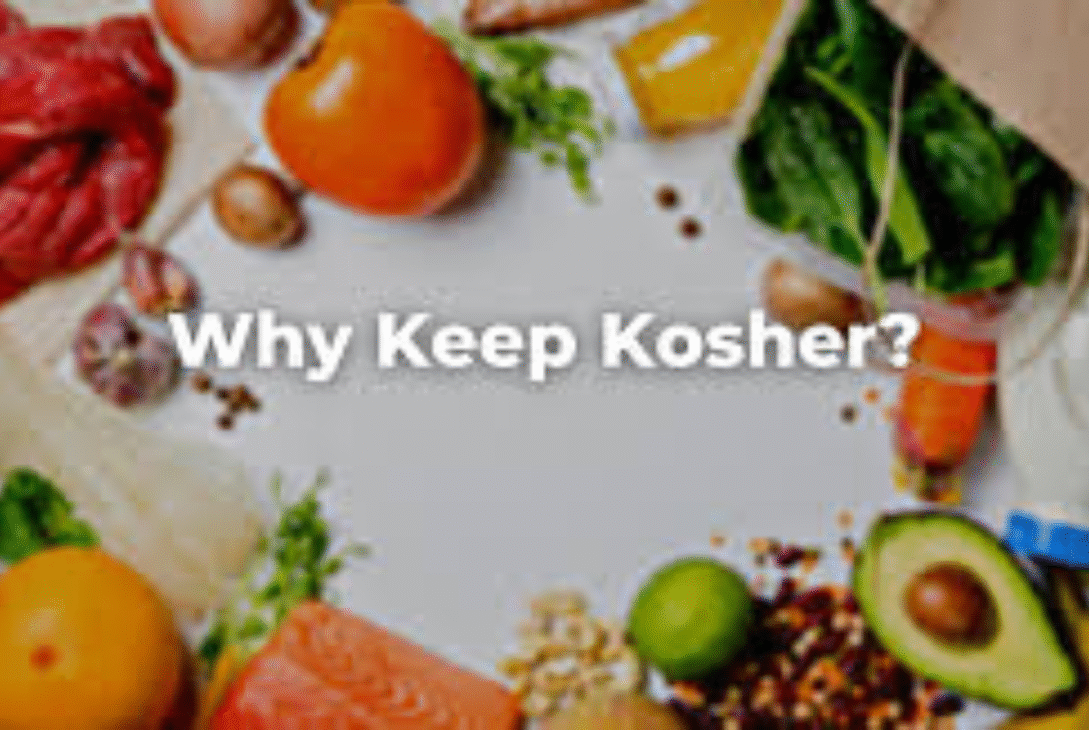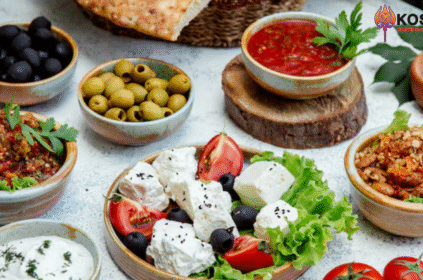In today’s food industry, trust is everything. Consumers want to know what’s in their food—and how it’s made. A Kosher certificate delivers that trust. While it stems from Jewish dietary laws, its value now goes far beyond religious requirements. It’s become a powerful signal of quality, safety, and integrity in global food markets.
What Is a Kosher Certificate?
A Kosher certificate is a formal document confirming that a food product meets the standards of kashrut—the set of dietary laws followed in Judaism. To be certified, a product must be free from non-Kosher ingredients and prepared according to specific guidelines.
For example, meat and dairy cannot be processed or consumed together. Additionally, only certain animals are allowed, and even the equipment used during production must be inspected and cleaned thoroughly.
The Certification Process
Getting certified starts with reaching out to a recognized Kosher certification agency. From there, the company submits detailed information about ingredients, sources, and manufacturing processes. The agency then conducts an on-site inspection to ensure everything complies with Kosher laws.
Once approved, the business receives a Kosher certificate and is allowed to use a recognizable Kosher symbol—such as OU, OK, or KSA—on its product labels. These symbols make it easy for customers to identify products that align with their dietary needs.
Why Does It Matter?
1. Builds Consumer Confidence
Kosher certification helps consumers make informed choices. Not only does it provide assurance for those who follow religious diets, but it also appeals to health-conscious shoppers who associate Kosher with cleanliness and strict oversight.
2. Expands Market Reach
A Kosher certificate can unlock access to new markets. For instance, airlines, hospitals, schools, and export clients often request Kosher options to serve diverse populations. This makes certification a strategic move for brands looking to scale globally.
3. Sets Your Brand Apart
In a crowded marketplace, consumers notice certification marks. Displaying a Kosher symbol can boost a product’s credibility and help it stand out from competitors, especially in premium or international markets.
Is It Worth the Effort?
Absolutely. While the certification process may take time and commitment, the long-term benefits are well worth it. You gain access to new customer groups, enhance your reputation, and reinforce your brand’s dedication to high standards.
Final Thoughts
A Kosher certificate is more than just a religious designation—it’s a sign of quality, transparency, and responsibility. Whether you’re a food producer, exporter, or brand manager, Kosher certification gives your products the credibility they need to compete—and succeed—on a global stage.







